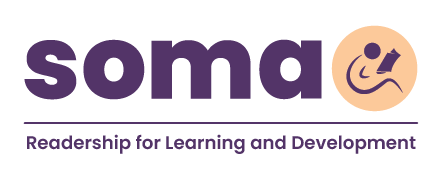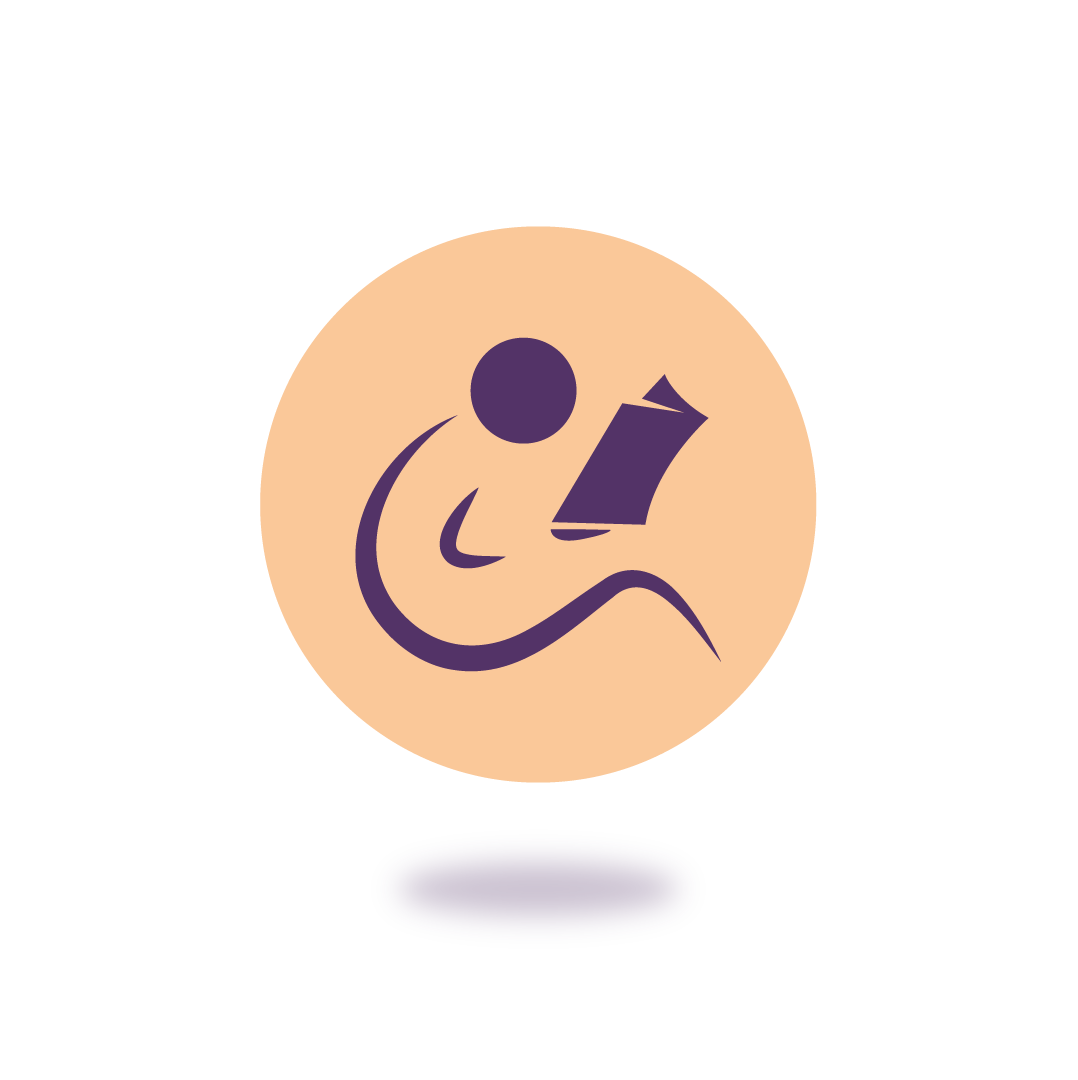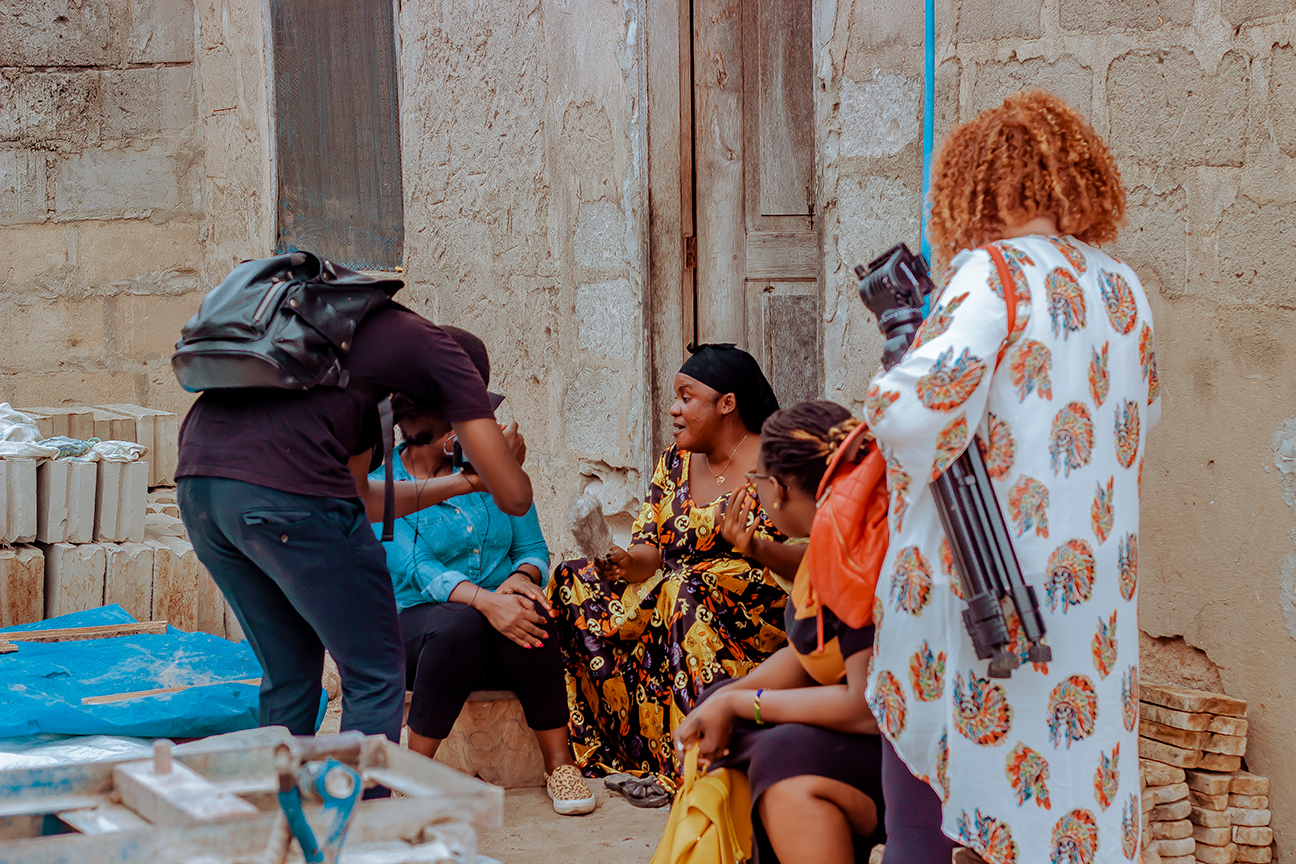About Thubutu
The Main Objective was to provide a platform for girls ages 13 to 16 to use literature as an outlet to express their frustration and to condemn any and all acts of unsolicited sexual advances and sextortion.
Specifically, the project sought to raise consciousness among teen age girls on the fact that unsolicited sexual advances (including sextortion) although taken by society as a ‘minor discomfort’ in the process of girls ‘coming of age’, it is in fact:
i. Psychologically and emotionally harmful to girls and women
ii. Leads to further sexual exploitation and abuse in life
iii. Legally not permissible, it goes against their human rights and dignity
iv. They can do something to prevent it (this will include raising their critical consciousness on the issues compelling them to take a leadership role in preventive action).
What Happened?
The project was designed to take place in four stages, with each stage serving as a precursor for its sequel.
Stage I: Facilitators Workshop
Project facilitators attended a one-day workshop to orient themselves with Thubutu concept, rationale and approach as well as sharpen their facilitation skills and deepen conceptual clarity on sexuality as a cite of feminist struggles in terms of defending women’s human right to dignity and bodily integrity; and activism against sexual exploitation and other sexuality related oppression and violence including sextortion and unwanted sexual attention. The workshop as well engaged facilitators in a process of self-realization through exploration of personal experiences on issues they are going to engage students with; and interrogating their own ‘silences’ and/or (in)action when confronted with sexuality related violation of their personhood basically due to internalised patriarchal norms. Finally, the workshop engaged the facilitators in reviewing and validation of the facilitation guide and methodological tools with the ultimate aim of preparing them to effectively facilitate and create a road map for school level workshops as integral parts of other subsequent stages of the project.
Stage II: School Level Workshop
Six facilitators led a one-day workshop at three pre-selected secondary schools that had agreed to participate in the project (Jangwani, Makongo and Zanaki). The original plan was to have an intake of four schools but there was no positive response from Loyola at the last minute. Thus we worked with three schools and raised the number of participating students from 15 to 20 per school so as to retain the originally planned population.
- Each school selected 20 students to attend the workshop.
- At the end of the workshops, a total of 18 students from the three schools combined, were selected to proceed to the next stage based on the quality of their literary works.
Stage III: Creative Writing Workshop
18 students selected from school level workshops (6 from each school) attended a one-day creative writing workshop at Soma Book Café.
- Six literary works (4 short stories and 2 poems) were selected for the workshop.
- The workshop concentrated on the attributes of a good story and hands on exercises on creative writing and review of each other’s works in groups and individually
- Ultimately participating students were facilitated to select stories and poems with most potential to captivate public imagination on what women and girls’ must be going through when faced with issues they engaged with; make necessary revision and edit them and select people to render them during the public reading and dialogue event.
Stage IV: Public Reading and Dialogue Event
The public reading and dialogue event was held at Soma Book Café and consisted of:
- An Exhibition of literary works and excepts of key issues raised at each workshop.
- Public reading of 6 pre-selected literary works (4 short stories and 2 poems) by students from the three schools.
- A public dialogue around key issues raised by each reading as well as others raised during the discussions. This was preceded by a mind teaser that meant to and succeeded in mixing up participants into six different groups of varying age groups and background to discuss for about fifteen minutes on one of the 6 themes of the literary works that were further discussed in the plenary.
- Traditional/patriarchal ‘norms’ and taboos surrounding female bodies; using women’s bodies and sexuality to shame them; while making the unsolicited encroachment of the same body and its control by others (often men and boys/and policed by social institutions) permissible right from pubescent years as a way of initiating girls into ‘normalization’ of women’s subordination and loss of their autonomy and bodily integrity; and the impact of all this on how girls view themselves and how they interact with others in society.
more on thubutu
[/col] [col span__sm=”12″] [blog_posts style=”normal” type=”row” col_spacing=”xsmall” columns__md=”1″ cat=”114″ posts=”4″ title_size=”large” readmore=”more” show_date=”text” image_height=”150%” text_align=”left” text_bg=”rgb(59, 59, 59)” text_padding=”10px 10px 10px 10px”] [/col] [/row]




